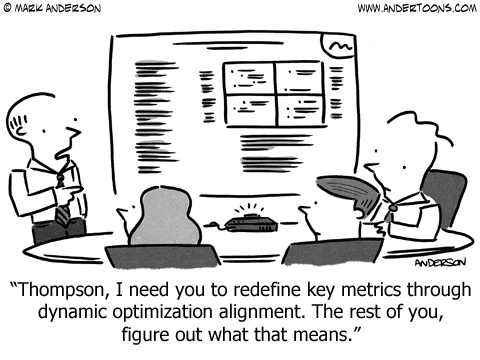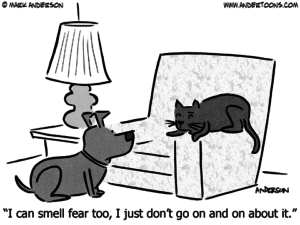In the beginning
New words are conceived when existing words join to create a new meaning. For instance, you might have found yourself ‘hangry’, ‘unfriending’ someone or even accused of ‘manspreading’.
Registering the birth
New words are entered into dictionaries. But inclusion in a dictionary is little more than a rite of passage. At least ⅕ of the Oxford English Dictionary’s 231,000 entries are obsolete (Why words die (and how to stop a few of them from keeling over) The Economist 4th-10th March 2017).
New words also have their births announced in the media. This is usually accompanied by debate as to their parentage and, ultimately, as to their future.
The best way to spread the news of a word’s birth is, of course, by word of mouth. After all, “a word needs to be used to live” (ibid. The Economist).
Infancy
Young words go through a trying period. That is to say a period in which they are tried out. For some such as ‘hangry’ and ‘adorkable’ it’s just a phase, and one they grow out of as they are popularised.
Others are not so fortunate. For example, do you multislack at work? Probably, without even realising it.
If you use work-related windows to cover non-work-related ones open on your computer then yes, you multislack.
The American Dialect Society shortlisted multislacking for its 1998 Words of the Year vote. For almost twenty years we’ve been doing it. And yet we still don’t use the specific word that describes it. Multislacking has yet to advance beyond infancy.
Growing up
Once words have been popularised, they mature. Take ‘decimate.’ As a young word in Latin it meant ‘to kill one in ten’. Similarly, ‘μυριάς’ – Ancient Greek for 10,000 – has grown to become the less specific ‘myriad’.
C. S. Lewis uses the example of ‘gentleman’ (The Death of Words, 1944). In its infancy ‘gentleman’ defined a social and heraldic fact, but its meaning has decayed with age. Now, ‘gentleman’ requires what Lewis calls “adjectival parasites” – crutches such as ‘true,’ ‘honest’ and ‘real’ – to survive.

Employment
Words start work as soon as they are born. They are the raw materials for the manufacture of language, which is distributed and used for communication.
This communication is written, spoken, read and heard. But these are not distinct categories: speakers listen, writers read. And vice versa.
So the business of communication is the exchange of information. It is only profitable when it is understood.
For a word to succeed in its job, it needs careful deployment. As shareholders in the business of communication, that is our responsibility.
Reaching the end
Words find that retirement is followed by a quick death. Conversely to their widely-announced birth, a word’s death receives little or no acknowledgement. The fortunate few will have their passing mourned by the likes of The Spectator, the London Review of Books and The Literary Review. Recently, the Guardian published an obituary – ‘Golly’, ‘cassette’ and ‘croquet’: the words we no longer use (15th March 2017).
The circle of life
The ashes of the dead fertilise the soil and so it is with words: see ‘Brexit’.







Recent Comments